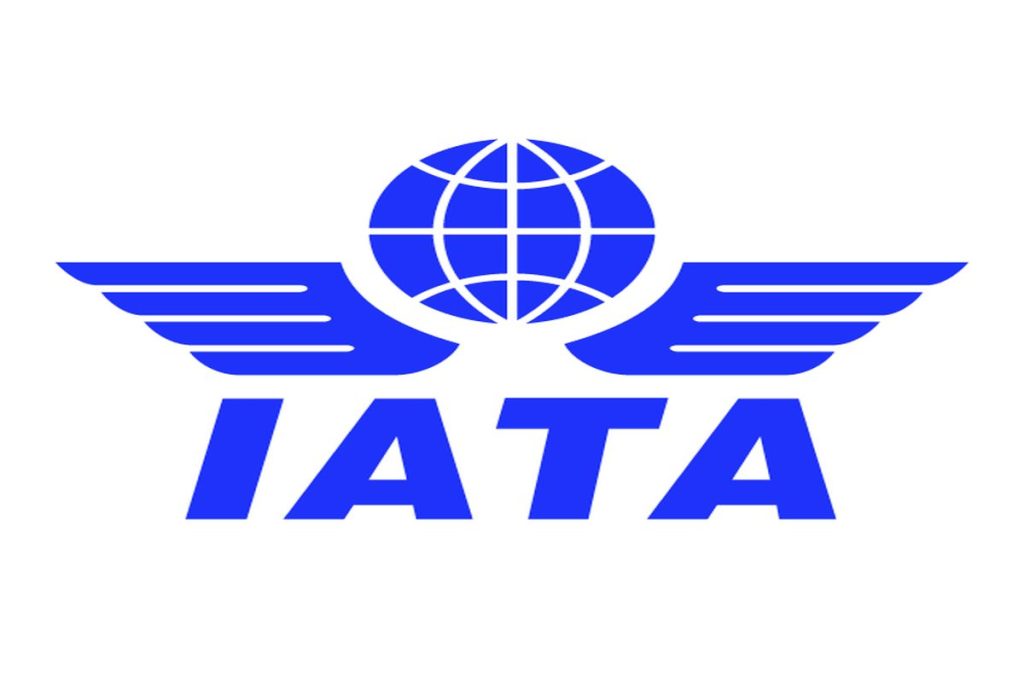(Geneva) — The International Air Transport Association (IATA) has launched the IATA Air Cargo Device Assessment Program to validate air cargo tracking devices, data loggers and sensor-equipped devices for compliance with rigorous industry safety standards.
“The fastest-growing segments of air cargo are pharmaceuticals, perishables, electronics, and high-value goods. Shippers rely on various battery-powered electronic devices to monitor these sensitive shipments to ensure their integrity. The IATA Air Cargo Device Assessment will confirm that these devices comply with strict industry safety standards,” said Brendan Sullivan, IATA’s Global Head of Cargo.
The IATA Air Cargo Device Assessment validates compliance with IATA’s Recommended Practice 1693, which provides critical safety guidance for electromagnetic compatibility and battery safety. Validation data will be accessible via ONE Source which provides a single access point to stakeholders searching for approved tracking devices.
First Assessment to THE BOX
THE BOX, a reusable packing solution by LivingPackets Group, is the first product validated by the Air Cargo Device Assessment program.
“IATA validation is crucial for THE BOX because our customers want to know that our product complies with global standards. Having IATA validate compliance with its strict safety standards makes our product universally acceptable for use across the air cargo industry. That is particularly important for an innovation like THE BOX as it is the first smart reusable packing for use in air cargo. The Air Cargo Device Assessment gives it instant global recognition,” said Denis Mourrain, LivingPackets Group COO.
Benefits across the Supply Chain
The IATA Air Cargo Device Assessment offers significant benefits across the air cargo industry. For device manufacturers, it streamlines the validation process by eliminating repetitive documentation requirements, facilitates easier access to airline contacts for device authorization, and enhances visibility in the global market. Airlines benefit from safer operations with fewer undeclared devices, simplified internal approval processes, and a consolidated repository of approved devices. Shippers and forwarders gain centralized access to approved device information, enabling better planning for routing and carrier selection. And the overall success of the program will make for more effective delivery of time and temperature sensitive shipments, reducing waste and preserving the integrity of shipments.





